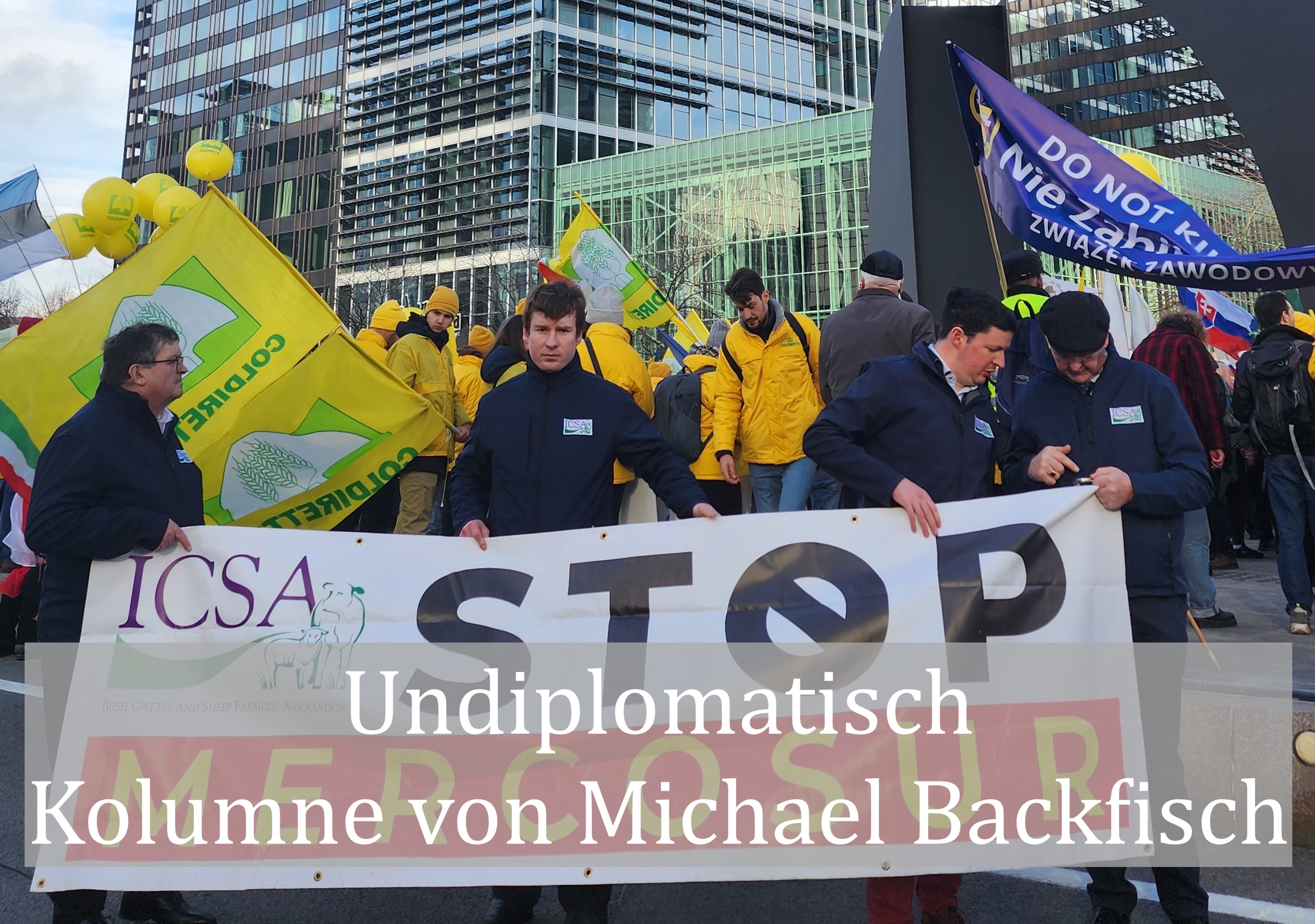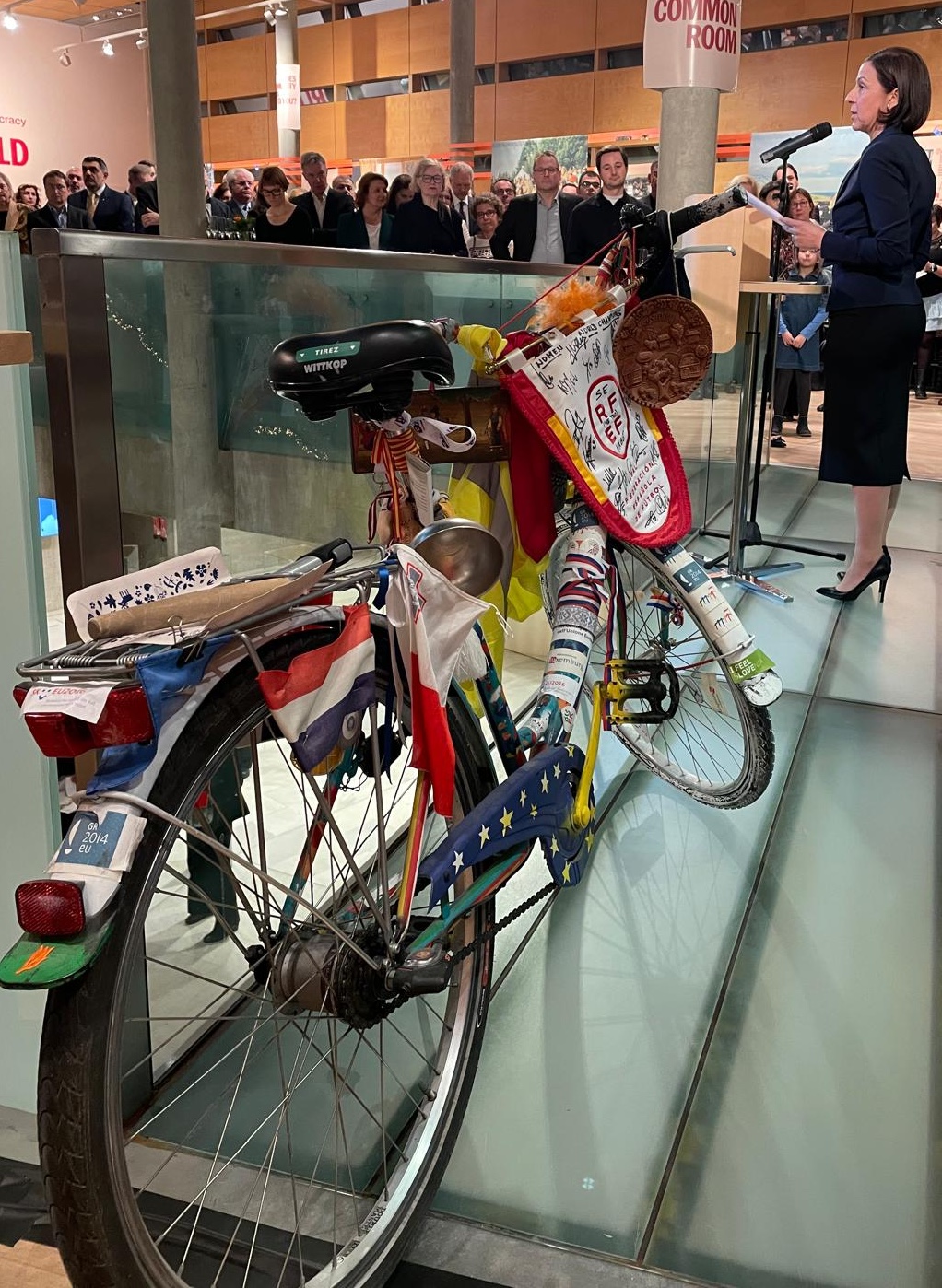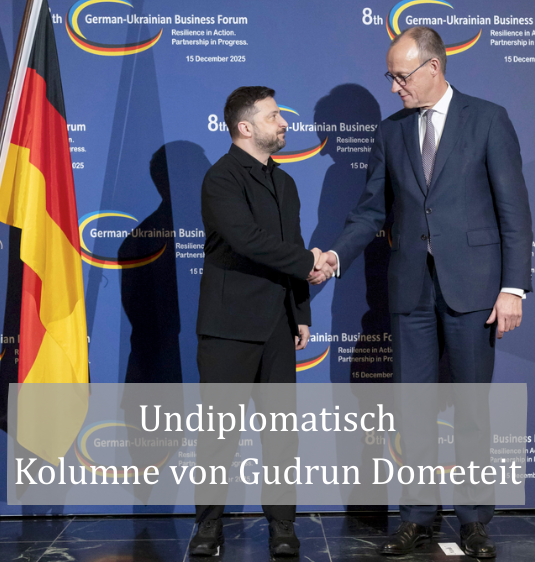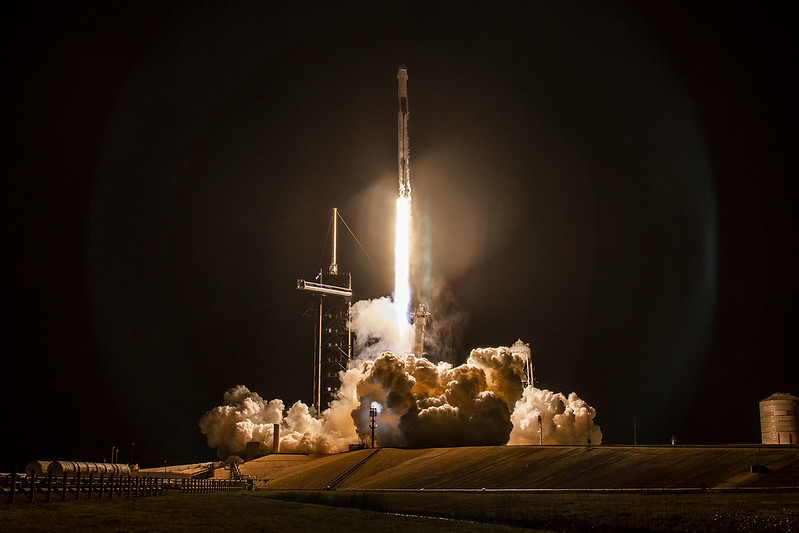diplo.news
Cultural diplomacy with dictionary

By Prof. Edeltrud Kim
Hard to believe: German studies have a long tradition in Korea. It is around eight decades old. In 1946, shortly after the liberation from Japanese occupation, even before the Korean War, the first department was founded at a university in Seoul. Enthusiasm for Germany and its language peaked in the seventies and eighties, when around sixty Korean universities taught German language and literature. At that time, German was a compulsory elective subject in Korean high schools, in addition to French.
Affinity has several roots. It dates back to the Japanese era, is also based on Koreans' love for German music — and had to do not least with the common fate of division. The sending of many Korean nurses and miners to Germany as well as German development aid for war-torn Korea also played a role.
Nevertheless, it should be a long time before there was a useful language lexicon. The Korean Germanists and the German-speaking Koreanists complained about outdated dictionaries. They lacked a good, modern dictionary for the Korean-German language pair.
There is one at last. After many years of work, the Seon Gwang Korean-German dictionary.
The decision to have the new Korean-German dictionary developed was made by Prof. Dr. Kim Byong-Ock (1930-2015) apprehended. The Korean Germanist was the founder of the Institute for Translation Research on German and Korean Literature in Seoul.
The concrete preparatory work began in spring 2006. It was intended to be an Internet dictionary based on the modern Korean and German languages and designed in such a way that it could be easily used by both Korean and German native speakers.
The electronic input mask for the dictionary articles was created by a team headed by Prof Dr Lee Kyu Chul, Faculty of Computer Science at Chungnam National University in Daejon, according to the specifications of the editorial committee.
The authors of the articles are doctorates in German with Korean as their mother tongue. All German translations were edited by native German speakers with Korean language skills. A working group worked on this from 2007 to 2012. After completion, the texts were carefully revised once again by an editorial group. Since May 2017, Korean studies students from Tübingen University have been working on internships during their academic year in Korea as Proofreader with the dictionary project.
The frequency list and lexicon of the standard Korean language form the basis for the selection of keywords, the so-called lemmas, and for the explanatory information about the individual Korean words. Both were published by the State Institute for the Korean Language. The Duden is binding for the German translations.
The dictionary currently contains just under 7,000 keywords. In the dictionary entries, they are supplemented by their most important compounds — i.e. words that consist of two components. The scope of the dictionary is constantly expanding.
It can be accessed via the institute's consistently bilingual homepage: www.kodetrans.or.kr. There, every article appears like a book page.

On January 1, 2018, the institute signed a licensing agreement with Korean Internet company Naver Corp. Naver included the work in its dictionary platform. Since November 27, 2020, that is Seon Gwang Korean-German dictionary fully usable via the Naver platform:
https://dict.naver.com/dekodict
Why is the dictionary called Seon Gwang? Seon Gwang is the artist name of the founder of the institute and amateur calligrapher. It is composed of the Chinese characters for “good” and for “splendour” or “shine.”
The institute, founded in 1992 as a cross-university foundation, made a significant contribution to the development of German studies through its internationalization. In many symposia, it established close relationships among Chinese, Japanese and Korean Germanists and with German-speaking countries. By engaging with foreign literature, Korea can consolidate and further develop its own cultural identity. The new dictionary is very helpful for this.

Edeltrud Kim, born in Duisburg, former DAAD lecturer at Seoul National University, emeritus professor at Ewha Women's University in Seoul, chair of the Board of Trustees since the death of the founder of the institute (who was also her husband). She has been contributing to the promotion of translation research and cultural exchange between Korea and Germany for almost fifty years, was honored for this and received honorary citizenship of the capital Seoul.




